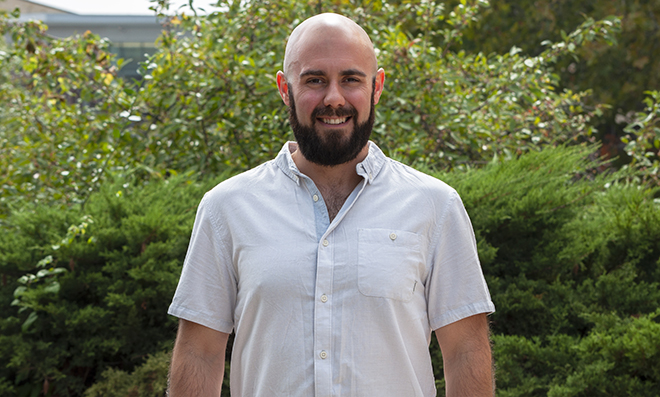
Law school is a whirlwind, and last semester I often applied a tool I learned in flight school: compartmentalization. It was useful throughout my Navy career and has become ingrained in my thinking. Compartmentalization is a skill developed in flight students to deal with mistakes during a flight. Although, compartmentalization can be used to deal with distractions from both successes and mistakes, it is most often applied in the context of mistakes. Primarily because a series of mistakes can have serious consequences, but mainly because flight students make a lot of mistakes. This makes it essential to not allow a mistake to distract you from accomplishing your next task. For aviators, compartmentalization is a necessary tool because flights are fast-paced graded events crammed with tasks. A single mistake that ripples outward can prevent the achievement of the ultimate goal.
Distractions are often created by the emotional response from a mistake. For example, a flight student misses an important radio call directing the flight and the following thoughts begin to enter the flight student’s mind: “Man, I really screwed up”, “Did the instructor notice?” and “Will this be a re-fly?” Flight instructors encourage students to recognize those thoughts as useless distractions and to utilize compartmentalization as the solution. The act of compartmentalization is intended to prevent these emotions from affecting the remainder of the flight. Aviators are taught to box up the emotion and set it aside for review later, because it is essential for aviators to continue onto the next task. Otherwise, a single, small mistake can cascade into a series of mistakes.
Struggling flight students are often those who do not compartmentalize. Successful flight students recognize the mistake quickly, compartmentalize negative emotions, fix what they can and prepare for the next task. Preparing for the next task involves anticipating follow-on effects of the mistake, considering the next sequence of events and remembering the ultimate goal. In other words, experienced aviators don’t chastise themselves or lament their mistakes. It’s not that aviators ignore their mistakes and don’t reflect on their performance. Instead, aviators understand there’s a better time for analyzing their mistakes: post-flight. It’s a continuous process, because after the post-flight debrief aviators compartmentalize the flight and move on to the next task.
Although a student’s ultimate goal in flight school is obtaining wings of gold rather than a Juris Doctor, law school and flight school are similar in many ways. They’re both fast-paced time deficient and filled with opportunities to improve. In law school, there’s always another cold-call, assignment, memo or meeting to nail. There’s also always another class, semester and year. Since there are so many opportunities for success, I believe compartmentalization is a useful tool in law school when things don’t go as planned. You can compartmentalize in class after a failed cold-call, sub-par memo grade or bombed exam to prevent a cascade of mistakes. Compartmentalizing allows you to raise your hand again, become a better writer, crush the next exam, enjoy time off and prepare for the next semester. Give it a try. See if compartmentalizing works for you.
— Jared Jevons is a 1L from Manhattan and a KU Law Ambassador. He spent 11 years in the Navy and flew over 2,000 hours in the F/A-18F as a Weapon Systems Officer.